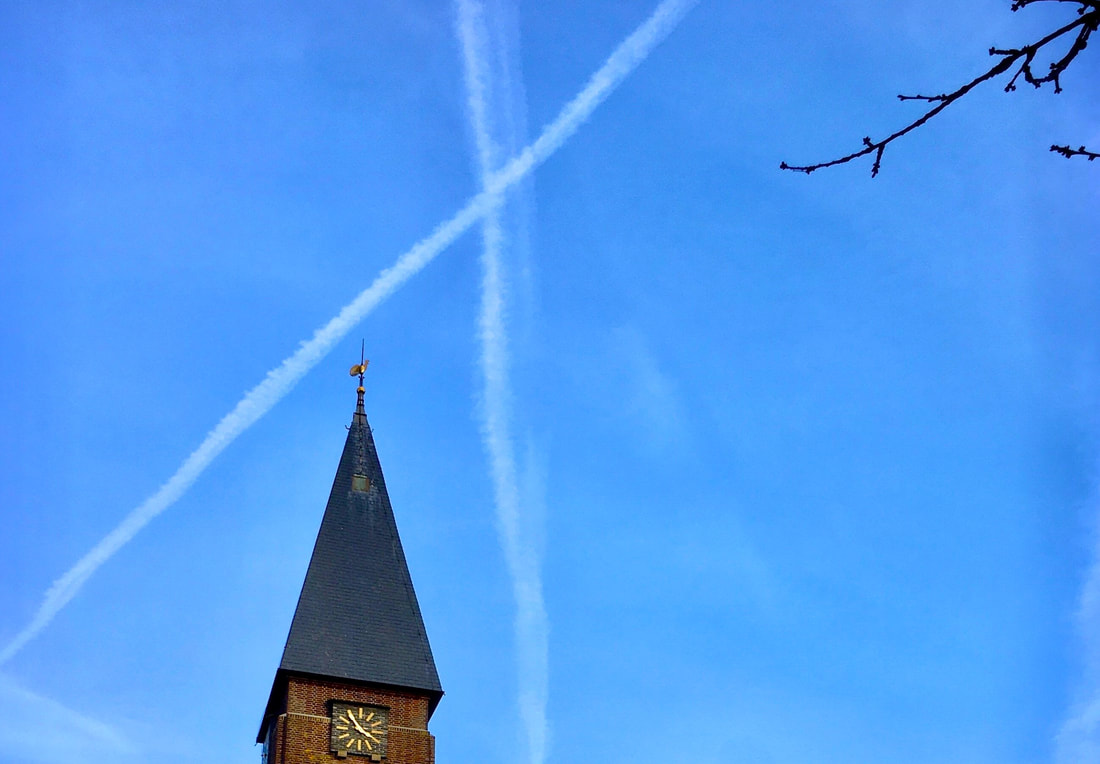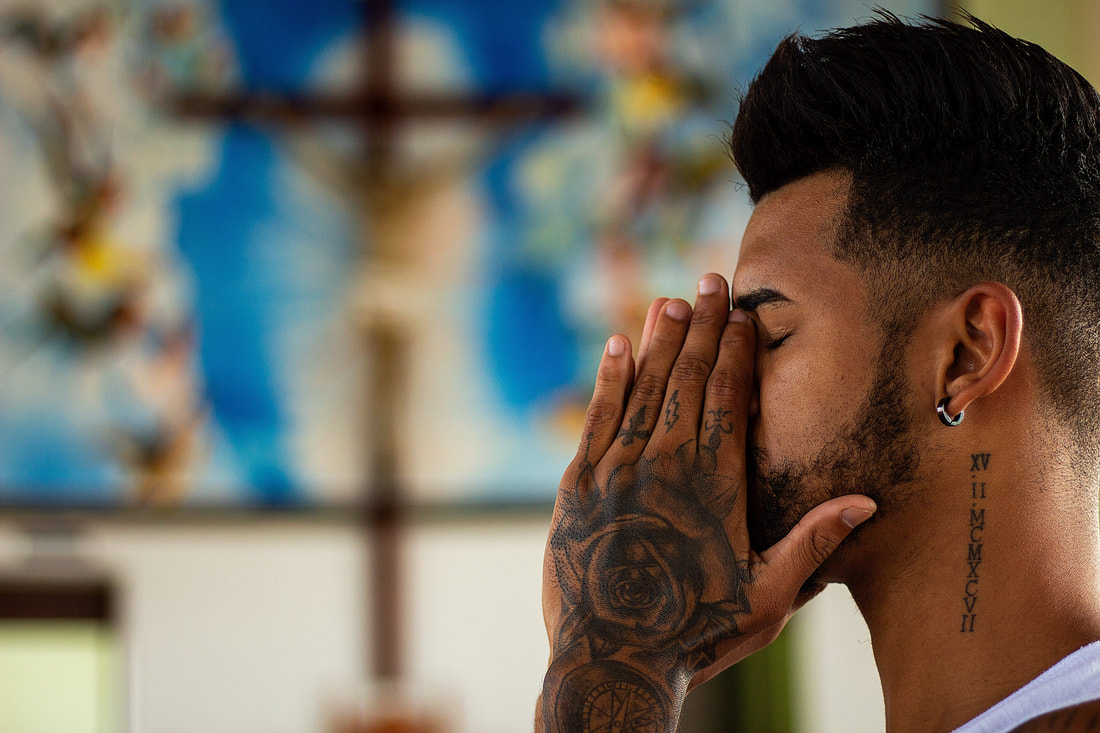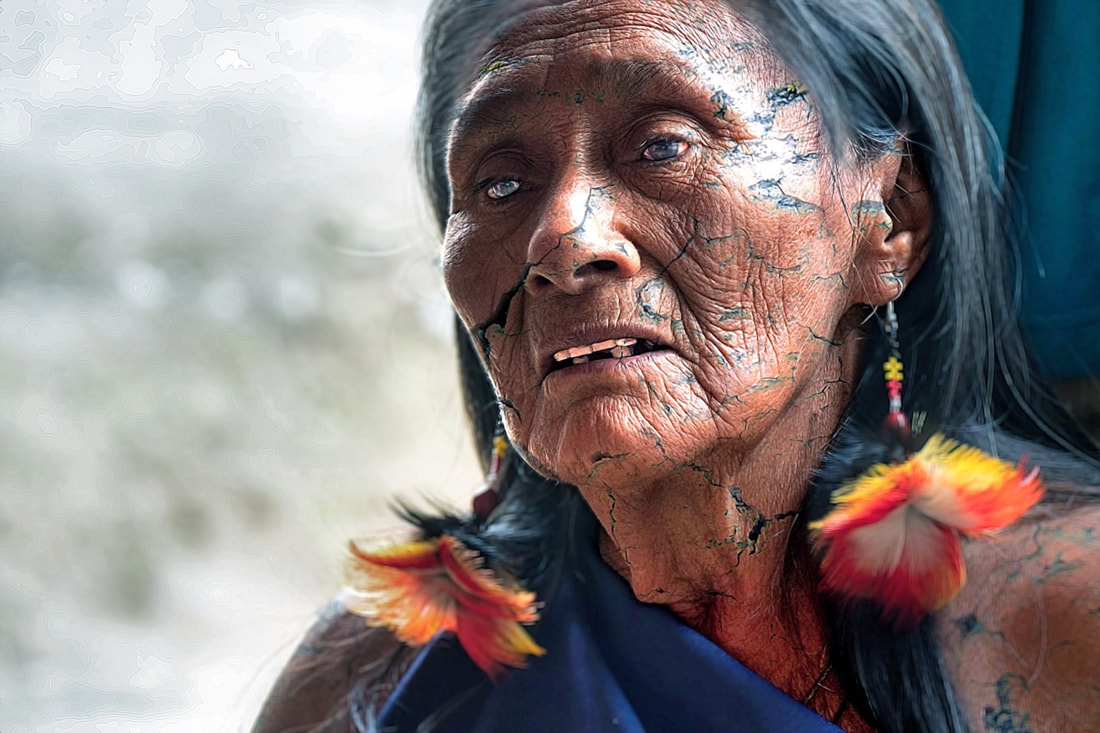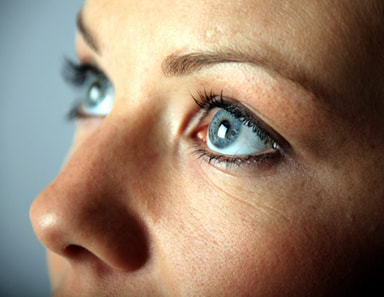|
‘Coincidence doesn't happen a third time.’ (Osamu Tezuka) I arrived in the Netherlands on Saturday, aiming to orientate myself briefly to this new country before working with an INGO team there on Monday. When I stepped into my hotel room, however, it smelt damp and sweaty. Trying not to breathe, I opened the windows to an icy blast and decided to go for a walk while the fresh air did its work. Not far away, I noticed a church building so walked over to have a glance at its meeting times. As I did so, I looked up and saw a cross in the sky, a misty symbol painted momentarily on blue canvas by vapour trails. It felt significant, but I didn’t know why. The next day, the church was full when I arrived and I sat quietly in the midst, happily surprised by how much Dutch I could understand. (I can speak German, but this was my first time to read this new language). At the end, a woman kindly introduced herself to me. On learning that I am English, she explained that the church is recovering from an intensely painful internal conflict. The pastor had spoken on a need to look to God. I showed her the photo I had taken the day before – a symbol of suffering and hope – and she started to weep. ‘God brought you here to us this morning, Nick.’ Another woman now introduced herself, explained briefly that she had worked internationally in medical mission, and invited me to a special meeting that afternoon for asylum seekers and refugees. ‘How could she possibly have known anything about my life and work?’ I asked myself, a total stranger. The guest speaker that day was a visitor from Algeria and, serendipitously, works for the same organisation I was about to work with the following day... as does a man who randomly found himself sitting beside me in a hall full of people. Was this all coincidence? I don’t believe so. You decide.
16 Comments
‘The most beautiful experience we can have is the mysterious.’ (Albert Einstein) ‘According to these blood test results’, said the consultant, ‘you are dead.’ He stood at the end of my hospital bed scratching his head. ‘Clearly you’re not dead’, he continued, ‘or we wouldn’t be having this conversation. There must be an error.’ He asked a nurse to take fresh bloods and to send them off urgently to the lab. Later that day with a new report in his hand, he looked even more confused. ‘The results are the same. This is impossible.’ We looked at each other. I didn’t know what to say. I had been experiencing severe pain and blackouts, often falling unconscious without warning, and had no idea why. So now the consultant sent me for a CT scan using a radioactive dye to get a clear scan result. The dye triggered an anaphylactic reaction which nearly killed me. An attentive passing nurse pushed an oxygen mask on my face, turned it up full and ran to find a crash kit. Unfortunately, someone had removed the adrenaline jab and hadn’t replaced it. I was within 2 minutes of death. By divine coincidence, that same day my ex-wife left me and took our 2 daughters with her: some would say that when it rains, it pours… I can’t explain these strange medical mysteries yet I can, by faith, trace a rainbow through the rain. The hospital drama that distracted me from difficult home events; the nurse who recognised and responded to my crisis; the availability of specialist medical facilities and drugs to save my life; the compassion of my brother and his family who supported me throughout. When have you experienced the mysterious? ‘It’s the fundamental emotion that stands at the cradle of true art and true science.’ (Albert Einstein) ‘Learn from history, maintain your mystery, take your victory.’ (Amit Kalantri) Sometimes, we need to look back to look forward and the New Year can present us with a special opportunity to do just that. We could think of this as analogous to an annual performance review, where we pause for a moment and take stock of progress and learning so far before moving on. At a personal level, I’ve been thinking and writing quite a lot recently about Kairos moments in my own life that have, in retrospect, often proved pivotal. These experiences carry a spiritual quality and significance for me that both transcend the temporal and reveal a deeper sense of meaning. An instance comes to mind when, 3 days into a leadership role in a new organisation (to me), my line-manager called me into his office to confess, in deep disappointment, that funding for (a) a new leadership coaching programme and (b) a new management development programme, both of which were to lay in my area of responsibility, had been slashed as part of broader financial cuts. He apologised that, as a consequence, these flagship initiatives could no longer go ahead. I could see a look of anxiety on his face wondering, I imagine, how I might react to this bombshell news. I prayed silently then responded in a spirit of curiosity that, if these initiatives were priority, I’d just need to find a different way to achieve them. I thanked him for being open, prayed, then placed an invitation on LinkedIn, asking if anyone would like to offer pro bono coaching support for leaders in a national UK charity. Within 10 days, 180+ people had responded to offer their services. I also prayed and asked around if anyone would be willing to run a pro bono management development programme. A prestigious agency responded and ran an annual programme for us for 4 years running. I’m reflecting on why this experience came to mind for me now. It happened 10 years ago yet still feels so profoundly resonant as we approach the New Year. The first lesson for me is that it’s not all about me. God is capable of doing far more than I can ask or imagine. The second is the rich relational resourcefulness of networks, the kindness of so many people who are willing to offer themselves in heartfelt service when offered meaningful opportunities to do so. The third is the power of invitation, not expectation, that draws people freely into co-creative partnership to do something amazing. ‘Coincidences are God’s way of remaining anonymous.’ (Albert Einstein) If you ever read David Wilkerson’s The Cross and the Switchblade, you’ll get this. Two weeks ago, a song came to mind that I had written then recorded as a duet with a Christian friend, Maggie, some 37 years ago. Life moved on and Maggie and I hadn’t spoken since. In fact, I had completely forgotten ever having written and recorded that and other songs. Wondering what this mysterious prompt might mean, I rummaged through a box of old items and, to my immense relief, found a cassette with a hand-written label, ‘Niksongs’, on the side. Filled with excitement, I searched online to find some way of copying the cassette to USB so that I could listen to it on my laptop. I found a device designed for that purpose and tried it in eager anticipation but, unfortunately, it didn’t work. Whilst pondering today what to do next, my phone pinged. A message from…Maggie. What?!! Living in Sri Lanka now, she had just found a copy of that very same cassette and was in process of working out how to convert it too – and that was her cue to contact me now. Pure coincidence? I don’t believe so. You decide. 'The reality is that you will grieve forever. You will not 'get over' the loss of a loved one; you will learn to live with it.' (Kubler-Ross & Kessler) At 15, I was fatally wounded. At 18, I died. That’s how it felt and, at times, it still feels now. There are some scars that never heal. A trauma of unwelcomed loss is being forced, harshly, to let go of an imagined future, a hoped-for dream. This tearing experience can leave our hearts, our bodies, bleeding. I felt betrayed and shattered and spent day after day, year after year, pleading with God to take my life. I slid into a heavy, dark dysthemia. Nothing could bring healing, happiness or hope. It's fertile ground for addiction, to search for anything that will make us feel alive, provide even momentary relief. We may immerse ourselves in whatever distracts and enables us to avoid having to face again, all too wearily, those severe memories and tortured feelings. My own torment was that searing-painful images would surface over and over in my dreams, as if trying to reconcile the suffering at some deep subconscious level, yet leave me waking the next day in suicidal mood. I wish there was a simple answer, a miracle cure. I live in a culture that holds out delusional promises and expectations of a pain-free, pleasure-filled possibility of a life. I live in a world where hurt and damaged people, more and more, seek solace and escape in drugs or other diversions. I find my spiritual hope in Jesus who (to me surprisingly, yet in a strange way reassuringly) carries the scars of crucifixion after his resurrection. Whatever I may go through now, this will not end in death. Over the years I have learned, and am still learning, how to live with my own scars rather than to attempt to bury, hide or erase them. I’m still, at times, ambushed by grief. It takes me by surprise and leaves me temporarily reeling. I’ve learned to be thankful and, gradually, to allow people and relationships to drift away rather than to cling so hard. I’ve learned to discern how pain triggered from the past can reveal someone or something important that I’m not noticing here and now. How do you deal with your scars? How do you help others to do so too? (Nick is a change leadership consultant and trainer for trauma-informed practice agency, Rock Pool) Tuesday night. A close friend in Asia discovers she is in terrible financial debt through no fault of her own. She has supported a near relative through her studies at considerable personal cost and the relative has let her down badly. I ask her to ask the bank how much she needs to clear the debt. Wednesday night. She tells me, UK equivalent, £1000. She says, ‘Let’s pray.’ I agree. Thursday night. A biker in the UK who I don’t know well calls me and asks if I can meet him at a biker/truck stop café on Sunday morning. I wonder if I have inadvertently done something to upset him. I agree to meet. Sunday morning. He’s waiting at the table and I sit down, nervously. He asks, ‘That girl in Asia you once spoke about trusts Jesus, right?’ ‘Yes’, I reply. He slides an envelope across the table towards me. Now I am puzzled. He says, ‘Jesus told me to give her this – as soon as possible. Can you send it to her?’ Intrigued, I say, ‘Yes.’ He continues, sternly. ‘This is nothing to do with me. It’s between her and Jesus. I don’t want to hear about it again.’ I slide the envelope into my pocket, thank him and leave. At home, I open the sealed envelope. £1000 inside in crisp, new bank notes. I am speechless. I don’t know about you, but this type of encounter, this kind of experience leaves me stunned and amazed. It has happened to me on quite a few occasions in my life and I’m convinced it lays beyond ordinary, rational explanation. I’m going to be brave here and to call it a miracle. It’s unpopular in contemporary secular culture to talk about God or the super-natural in the context of work and I’m not going to get all religious because that would be inappropriate and annoying. I am, instead, hoping to provoke an open spirit of curiosity. Have we thrown out the baby with the bath water? I remember reading Holloway’s book, Spirituality & Social Work (2010) and Mathews’, Social Work and Spirituality (2009) which re-introduced questions of faith and spirituality into domains where such considerations had effectively and, I would argue, over-hastily been dismissed as irrelevant. Having reacted rightly against ‘religion’ in its worst, oppressive forms, I detect a fresh openness to consider Who or what may lay beyond the boundaries of empirical science; especially when working with people and cultures for whom life-giving faith and spiritual dimensions are fundamental. As leader, coach, OD or trainer, what role, if any, do faith and spirituality play in your practice? How do you work effectively with people and cultures who consider them critical? Have you ever seen or experienced something that caused you to question everything you had believed was real and true? Get in touch! [email protected] |
Nick WrightI'm a psychological coach, trainer and OD consultant. Curious to discover how can I help you? Get in touch! Like what you read? Simply enter your email address below to receive regular blog updates!
|









 RSS Feed
RSS Feed